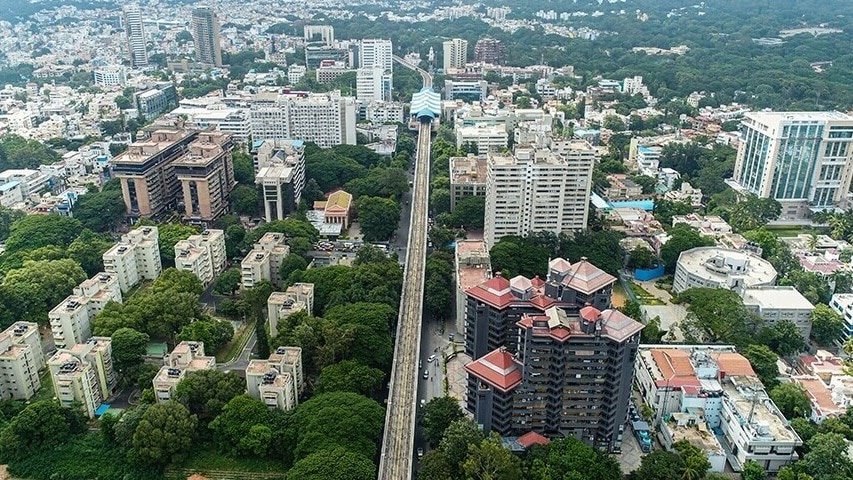Artificial Intelligence is no longer a distant promise for Indian real estate—it is the driving force behind how customers explore, evaluate and transact in both residential and commercial spaces. As digital adoption accelerates, AI is reshaping the sector by replacing guesswork with precision and bringing transparency to decisions that traditionally relied heavily on local networks and subjective judgment.
For homebuyers and tenants, AI enables highly personalised discovery. It analyses behaviour patterns, budget bands, lifestyle needs, commute preferences and historical interactions to present the most relevant options. This reduces friction, speeds up decision-making and makes the search journey far more intuitive. Sellers and landlords benefit from sharper audience targeting and better-quality leads, improving conversion potential.
On the commercial side, the impact is equally transformative. Businesses today expect clarity on footfall potential, connectivity, catchment suitability, workforce access and future demand patterns before committing to a lease or investment. AI-driven models can interpret zoning developments, infrastructure pipelines, demographic shifts and micro-market performance trends, helping companies assess the long-term viability of office, retail or warehousing spaces. With hybrid working and flexible occupancies gaining traction, AI is becoming essential to evaluating utilisation patterns and optimising space planning.
Pricing intelligence is another area where AI has changed the game. Whether it’s a 2 BHK in a growing suburb or a Grade A office space in a commercial district, AI models can process millions of data points to offer fair price benchmarks, rental projections and appreciation forecasts. This elevates transparency—something both end users and institutional investors increasingly demand.
At Magicbricks, AI is being used to enhance these experiences across residential and commercial categories—be it through intelligent search, conversational assistance, listing quality checks, predictive demand–supply mapping or tools that simplify discovery for businesses evaluating commercial assets. These interventions are helping streamline processes that were once slow, offline and fragmented.
India’s real estate landscape is evolving rapidly, fuelled by urban expansion, infrastructure upgrades and shifting consumer expectations. As data depth increases and AI systems mature, technology will play an even more decisive role in identifying emerging corridors, optimising inventory, enhancing market transparency and enabling smarter investments. AI is not just improving how India buys, sells and rents homes and offices—it is redefining the very architecture of decision-making in real estate.
The writer Subodh Kumar is CTO at Magicbricks

